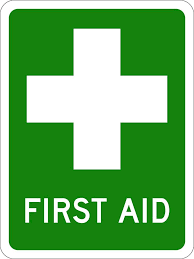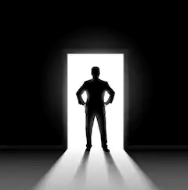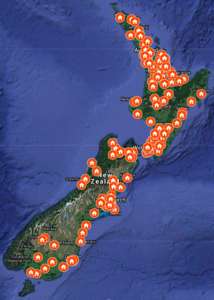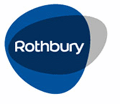We never know when a medical event or accident will occur, and chances are that either could happen in or around a Men’s Shed. So how you respond is important, because it’s one of the shedders or a guest, and because you have a Duty of Care to those who come to the Men’s Shed.
The essentials of first aid are:
-
-
-
- No shedder alone
- Access to a phone
- Access to a First aid kit
- Someone with basic first aider knowledge
- Where to find an AED unit
- What to share with the Paramedic
-
-
 The first principle for the shed should be that members are not at the shed on their own. Always have at least two, like the buddy system, someone there to help or can call for help.
The first principle for the shed should be that members are not at the shed on their own. Always have at least two, like the buddy system, someone there to help or can call for help.
 Hands up who has a cellphone in their pocket, right, so we have access to a phone covered, discover how to turn the speaker on. That helps others listen to advice and directions from the 111 call centre operator or for you to do CPR while speaking to the call centre.
Hands up who has a cellphone in their pocket, right, so we have access to a phone covered, discover how to turn the speaker on. That helps others listen to advice and directions from the 111 call centre operator or for you to do CPR while speaking to the call centre.
 First aid kits come in all shapes and sizes, so go and talk to suppliers (from your local hardware store to specialist companies) about the requirements of your Mens Shed i.e. typically how many people are in the shed at one time, and what type of injuries could you be faced with. When you have a first aid kit, assign somebody to keep a check of what has been used and make sure these items are restocked immediately.
First aid kits come in all shapes and sizes, so go and talk to suppliers (from your local hardware store to specialist companies) about the requirements of your Mens Shed i.e. typically how many people are in the shed at one time, and what type of injuries could you be faced with. When you have a first aid kit, assign somebody to keep a check of what has been used and make sure these items are restocked immediately.
 Many of us have gained some first aid skills and knowledge from life experiences and occupations, such as boy scouts, tramping club, military, shopkeeping, farming or in a workshop. While we don’t use that skill and knowledge every day most of it is common sense and we will recall it when the time comes.
Many of us have gained some first aid skills and knowledge from life experiences and occupations, such as boy scouts, tramping club, military, shopkeeping, farming or in a workshop. While we don’t use that skill and knowledge every day most of it is common sense and we will recall it when the time comes.
As a refresher and to share the benefits with others in the shed running a basic course can benefit so many not just at the shed but on the road or at home.
Getting trained is easy, paying for the training is the tricky bit. There are a whole lot of trainers out there so get some prices to cover what is shown in the table below, and now see which grant funding organisations will cover that cost. Remember to tell them in your application that these skills could save a person’s life anywhere in your community.
| Timing Guide
(minutes) |
Topics/Comment |
| 5 | Introduction |
| 20 | Scene assessment |
| 30 | Patient management (DRS ABCD) |
| 75 | CPR & Choking (Adult, Child) |
| 15 | Break |
| 30 | Bleeding and Shock |
| 30 | Heart attack, Chest pains, Stroke |
| 15 | Seizures – Diabetic, Epileptic |
| 30 | Broken bones |
| 15 | Respiratory distress (from dust, fumes) |
| 265 | Total time |
There are alternatives – do any of your members know a nurse, paramedic, health professional who would give their time freely to help the blokes get trained. You are not after NZQA unit standard credits to put on your record of learning or curriculum vitae, so don’t get sold those at extra cost.
 Purchasing an AED (Automated External Defibrillator) can be a big cost, but losing a member is a far greater cost. Shop around for prices, several Men’s Sheds have been given special pricing through HeartSaver NZ. Make sure you tell them you are a member of MENZSHED New Zealand.
Purchasing an AED (Automated External Defibrillator) can be a big cost, but losing a member is a far greater cost. Shop around for prices, several Men’s Sheds have been given special pricing through HeartSaver NZ. Make sure you tell them you are a member of MENZSHED New Zealand.
If you don’t have an AED at the Shed yet, check out where the nearest one is, and what is the quickest way of getting an AED to the Shed when needed.
What if the patient is not conscious or able to respond to questions from the paramedic, what do you know about “Bob” and “his medical history”, those things that might help a medical professional provide the best care for your member.
Do your members provide personal information that you can access quickly?
So how prepared are you? How will you cope with that “accident” or maybe Bill’s not feeling. Shedders have to know what to do, who to call and where to find the first aid kit or is it the AED unit.
And, with over 120 established sheds in NZ and many in our largest cities – don’t expect the 111 call centre to know your location. Make sure the street number and name, suburb or township is known by your shedders. Perhaps add a laminated street address to the First Aid Kit / AED.






